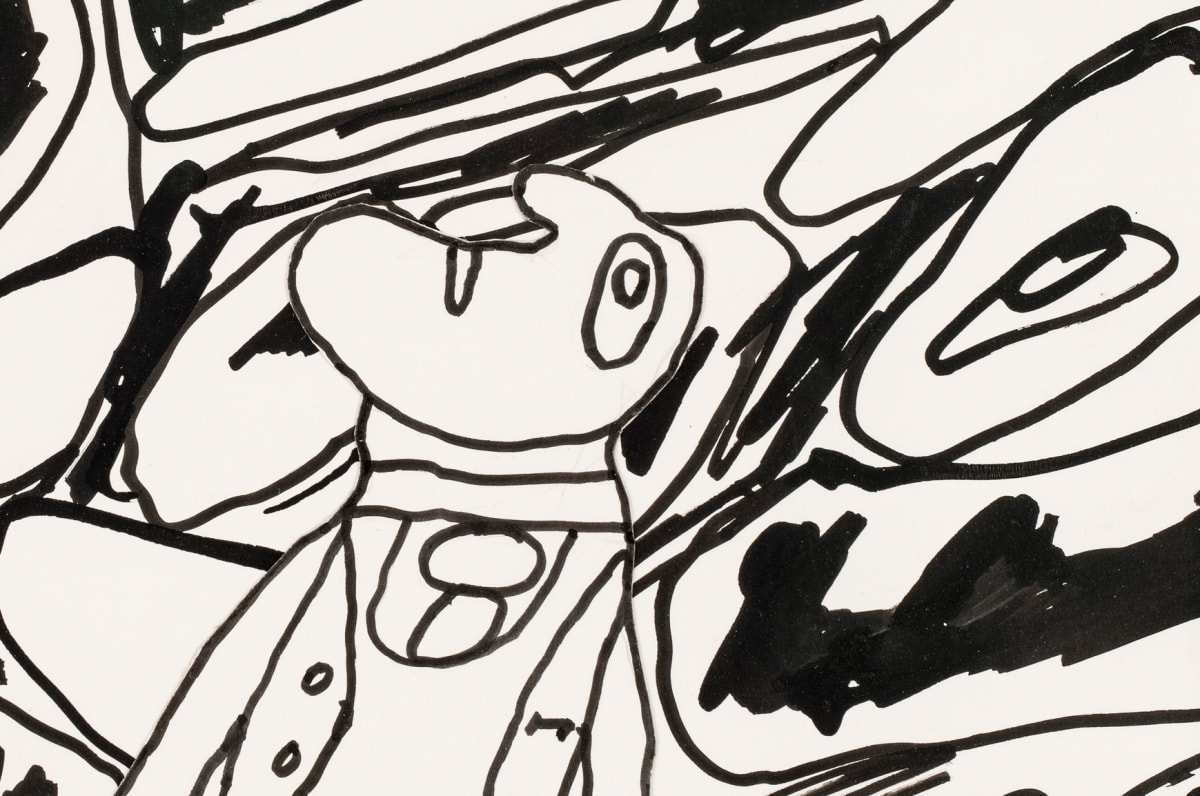“Art is a language, an instrument of knowledge, an instrument of communication.”
Dubuffet's exploration was deeply rooted in an enduring fascination with society's peripheries and the complexities of the human condition, leading him to collect a significant body of art from creators beyond the mainstream art establishment. He vocally opposed the elitist art culture and championed a broader, more genuine form of creative expression. His artistic journey included various phases characterized by innovative use of textures, non-traditional materials, and a striking use of color, challenging established art norms. Until his passing in 1985 in Paris, Dubuffet tirelessly advocated for recognizing and valuing art that transcends conventional academic and cultural confines, establishing a profound legacy that continues to motivate and resonate with contemporary artists and art aficionados.



